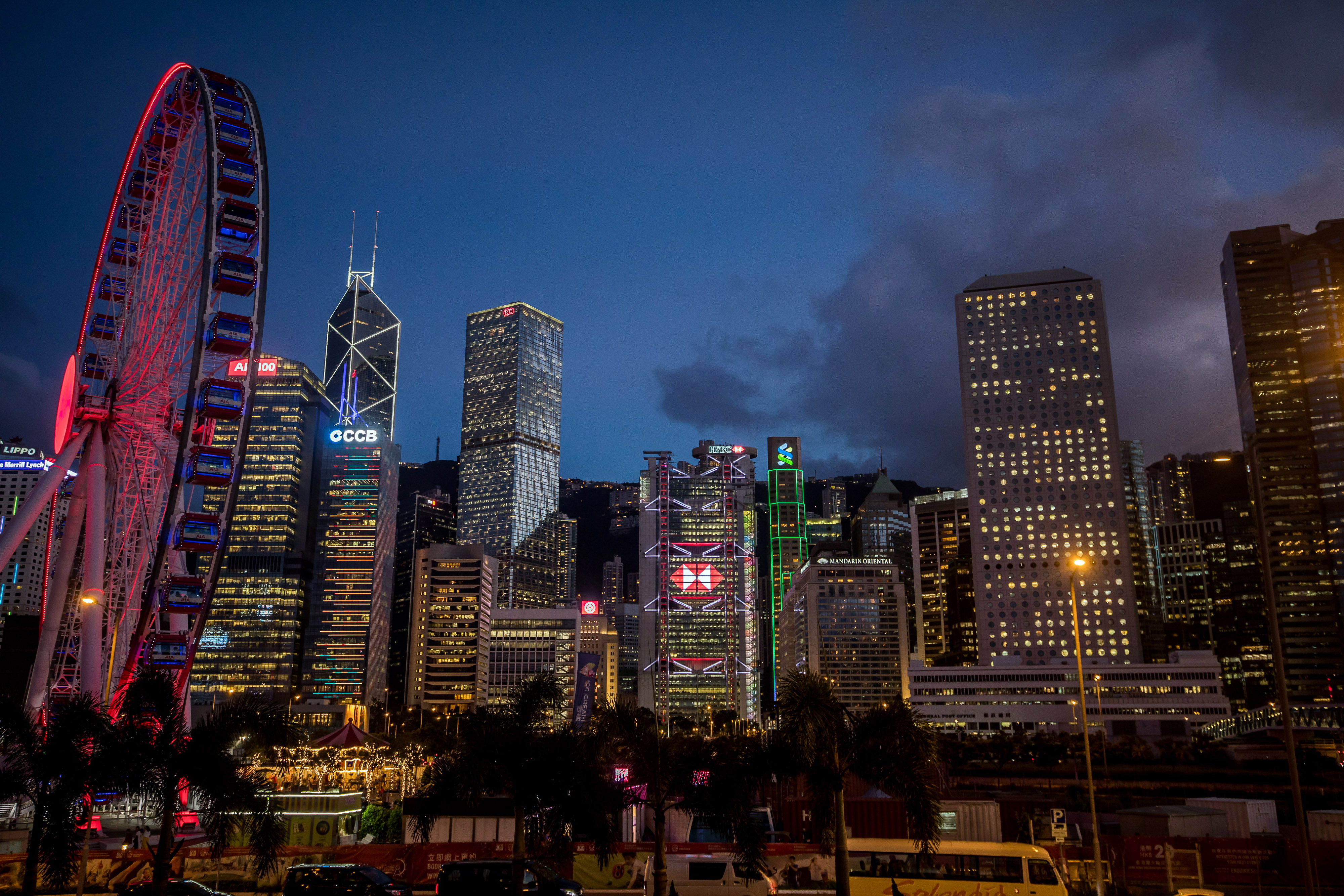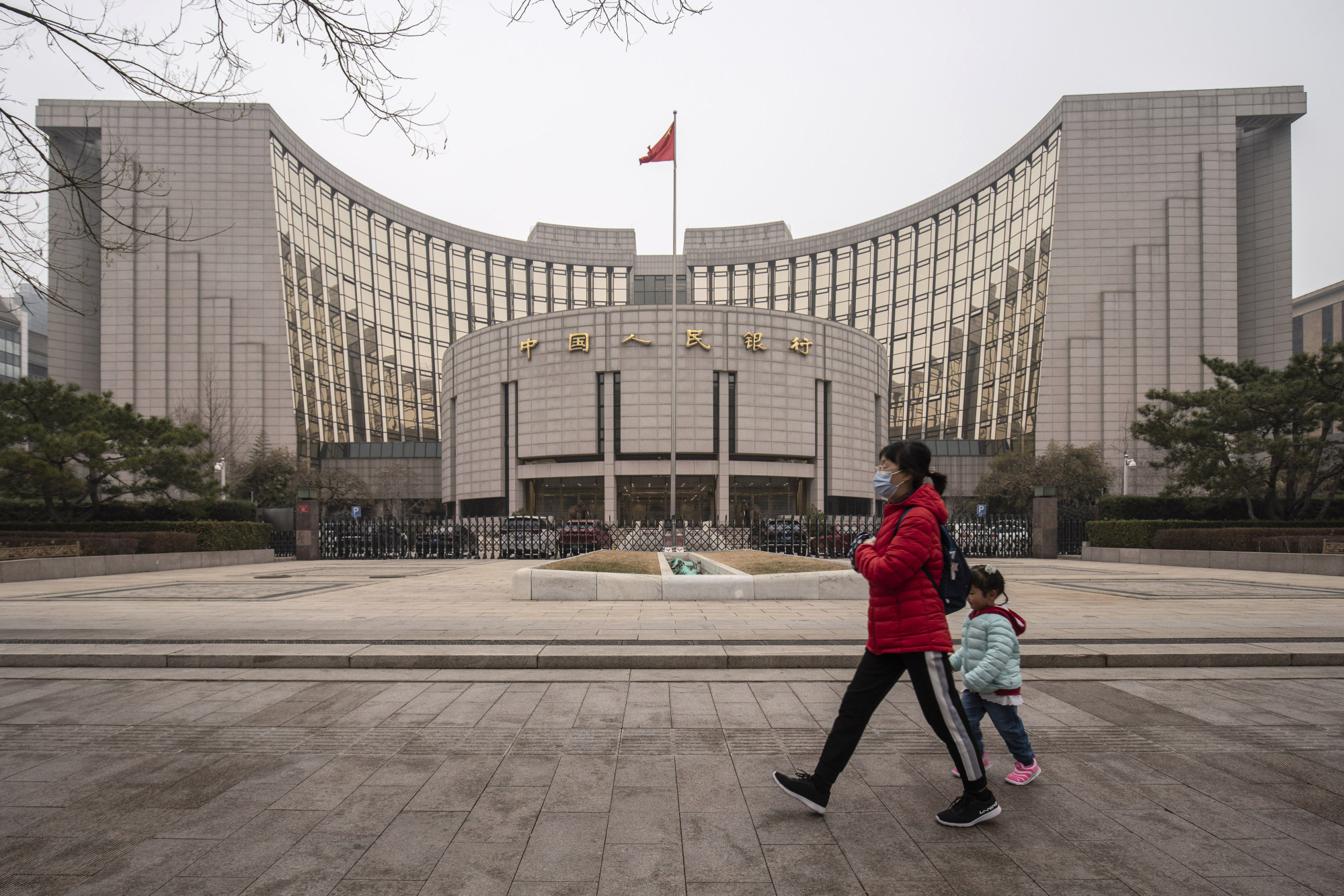Safe asset: US dollars being displayed at the Vietnam International Bank in Hanoi. The risk is rising that the greenback’s monopoly in payments is headed for the history books. — Reuters
THE social-media video where Donald Trump’s artificial intelligence (AI) avatar is making Nike sneakers may be just a spoof on the United States president’s quixotic bid to re-industrialise America by eliminating bilateral trade deficits.
But the meme contains a kernel of truth.
The world’s farmers, fishermen, and factory workers labour hard to earn the US$100 bill that the US Federal Reserve (Fed) prints at no cost.
This exalted status, which a French politician from the 1960s termed as the US dollar’s “exorbitant privilege,” has been taken to a breaking point by the tariff war.
No matter what happens in the long run to the United States currency’s value or its role as a safe haven for central banks and private investors, one thing is clear: The greenback’s monopoly in payments, whereby it’s exchanged in 88% of all trades, is headed for the history books.
A weekend trip to Vietnam brought that home to me.
In Hoi An, a 15th-century trading port repurposed as a tourist attraction, tailors and shoemakers pay for visitors’ taxi rides to their shops and shell out commissions to hotels for directing guests their way.
If they didn’t have to charge customers a 3% credit-card fee, they might be able to do more to nudge inveterate shoppers.
For instance, they could raise their prices by 1% and still throw in a dinner voucher for high spenders – if they purchase one more linen shirt. The buyers will be richer, as will the sellers.
The reason they can’t fund such sales promotions is the US dollar.
Or, to be more precise, a financial architecture built around the idea that a payment made on a foreign credit or debit card must set off a chain of expensive activity underpinned by the greenback.
For 18 major global currencies that settle without much friction, those costs are negligible.
But for the Vietnamese dong, and most other Asian currencies, they’re a burden, which a highly competitive apparel and footwear industry working on tight margins can’t absorb.
So it passes on all of it – and sometimes more – to a buyer who would much rather take the free meal.
Take my example. To pay the tailor in Hoi An, my bank had to obtain the local currency, which doesn’t have a liquid market outside Vietnam.
So my money most probably got converted into US dollars in Hong Kong. After reaching Vietnam, the funds got exchanged again into Vietnamese dong.
Almost 40% of the greenback’s US$7.5 trillion daily turnover comes from its role as a vehicle of value. Neither the buyer nor the seller has any direct interest in it. Yet they can’t transact without it.
Trump is aware of America’s special status: He has even threatened countries looking to come up with alternative global reserve currencies with 100% tariffs.
A high-profile disengagement with the US dollar – for instance, when it comes to Saudi Arabia’s invoicing of its oil – may not go down well with Washington.
What the White House can’t control, however, are low-profile shifts in the engine room of the payment industry.
Even before Trump’s inauguration, I noted that the world of money was splintering into Western and Eastern blocs.
The trade war may have accelerated the schism, though the separation is now more likely to be along a US/non-US axis than a West/East split.
I can already pay a Thai merchant in baht from my Hong Kong bank account by scanning a QR code.
Vietnam plans to establish similar connectivity with Singapore.
These links are between commercial institutions, with third parties providing foreign-exchange services.
However, some central banks in Europe are working with their counterparts in Asia to explore automated conversion using blockchain technology.
If the pilots succeed, there may be no room for middlemen – software embedded in digital representations of fiat currencies will act as money changers.
Ergo, there may be no need for the US dollar to act as a go-between in transactions that don’t involve Americans.
This is just one of the many experiments underway to boost the efficiency of cross-border retail payments. They’re underpinned by US$800bil in remittances by overseas workers.
And then there’s what tourists spend. In Asia, they’re staying 7.4 days on average, 1.3 days more than before the pandemic, according to Mastercard Inc’s latest data.
For a small business in a lesser-known beach town competing against larger firms in more popular holiday destinations, each hour is valuable – and an expensive payment system an irritant.
It has been tolerated so far because nothing cheaper was available, and Asian policymakers’ focus was on shipping goods to the United States, a much larger opportunity.
But everything has changed since the April 2 reciprocal tariffs.
Chinese President Xi Jinping was about to arrive in Vietnam just as I was leaving.
Beijing has been pushing the so-called mBridge initiative in which financial institutions can swap digital currencies issued by their central banks to settle cross-border claims.
If the Trump administration is going to upset friends and foes alike to pursue a chimerical vision of labour-intensive industrialisation, then it has to be prepared for geopolitical realignments, and an erosion of at least one form of America’s exorbitant privilege.
Those who still view the US dollar as a relatively safe asset may want to hold it, as long as the United States remains the world’s predominant superpower.
But for tourists buying shoes or shirts in Vietnam, the 3% extra charge on payments is an avoidable, anticlimactic loss after haggling for – and winning – a nice discount on the merchandise.
Rather than incurring outsize fees to Visa Inc and its partner banks, a dinner at Hoi An’s Morning Glory restaurant seems like a fairer use of my money – while I wait for the last buttons to be sewed on. — Bloomberg
- Andy Mukherjee is a Bloomberg Opinion columnist covering industrial companies and financial services in Asia. The views expressed here are the writer’s own.
Related posts:











 `
`









